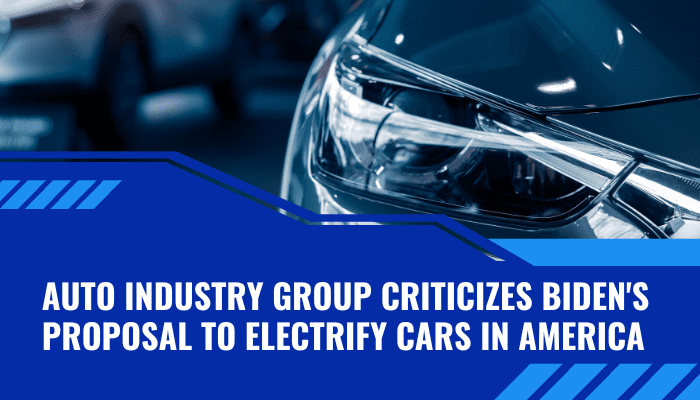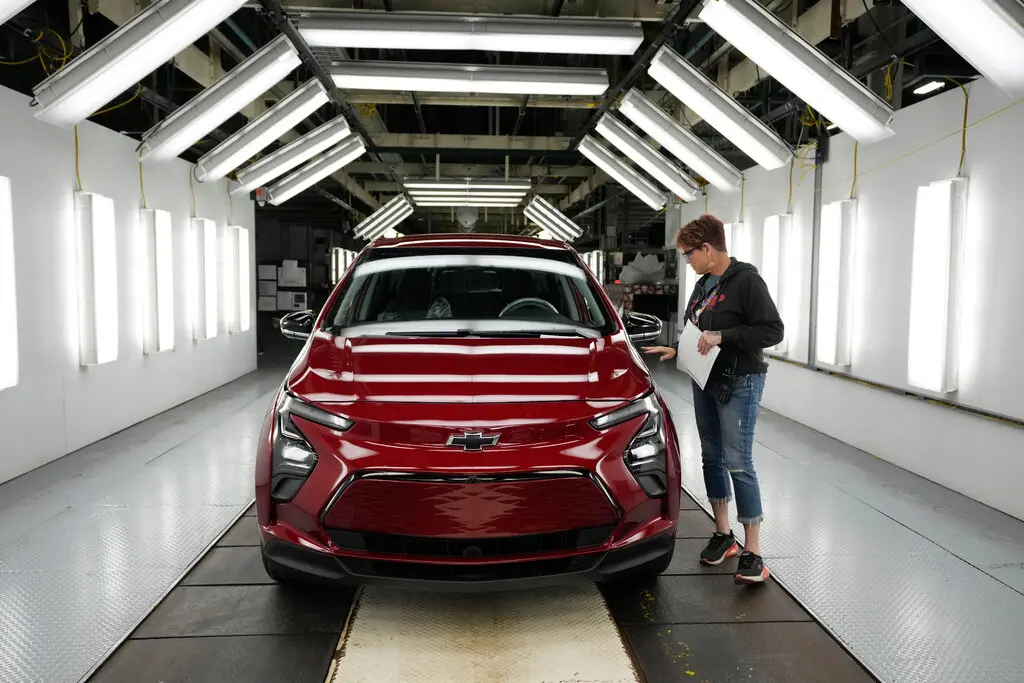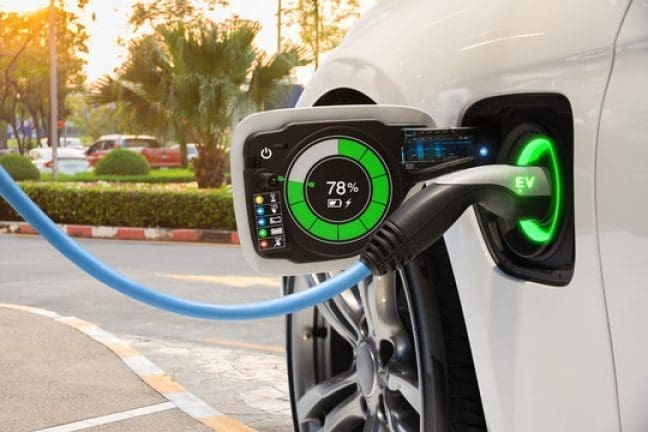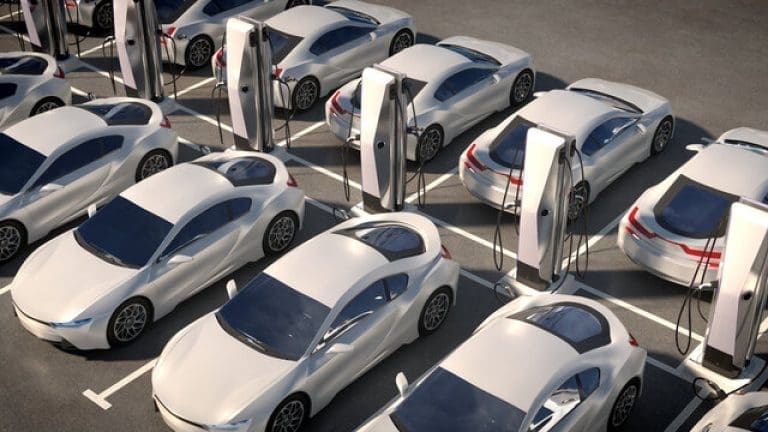The auto industry’s largest lobbying group has come out against the most ambitious climate change regulation proposed by the Biden administration, a rule designed to ensure that two-thirds of new passenger cars sold in the United States by 2032 are all-electric.

If implemented, the rule would be among the most significant measures taken by any nation to combat climate change. It would remove approximately seven billion tons of carbon dioxide from the atmosphere, which is equivalent to taking all American vehicles off the road for four years, by compelling the auto industry to abandon the internal combustion engine that has powered automobiles for a century and commit to an electric future.
The Alliance for Automotive Innovation, which represents 42 automakers that produce approximately 97 percent of new vehicles sold in the United States, stated in public comments submitted to the Environmental Protection Agency on Wednesday that the proposed regulations are “neither reasonable nor achievable in the timeframe covered by this proposal.”

The Alliance wrote that the organization, whose members include General Motors, Ford, Stellantis, Volkswagen, and Toyota, “does not believe they can be met without substantially increasing vehicle costs, reducing consumer choice, and disadvantaging major portions of the United States population and territory.”
Why It Matters: A key Biden climate policy is attacked by a significant industry.
If enacted as proposed and able to withstand legal challenges, the proposed new car pollution regulation would be one of the Biden administration’s strongest weapons in the fight against climate change. This is due to the fact that exhaust emissions are the primary contributor to climate change in the United States.
According to a report published by the International Energy Agency in 2021, nations must halt the sale of new gasoline-powered vehicles by 2035 in order to prevent a 1.5-degree Celsius (2.7-degree Fahrenheit) increase in average global temperatures above preindustrial levels. Scientists assert that beyond this threshold, the effects of heat waves, inundation, drought, crop failures, and species extinction would become much more difficult for humanity to manage.

Last year, however, only 5.8 percent of new cars sold in the United States were electric vehicles. Mr. Biden signed a law last year that provides up to $7,500 in tax credits to purchasers of electric vehicles, but many foreign-made vehicles do not qualify.
According to experts, the new regulation provides a necessary implement to complement the tax incentives. If automakers are successful in undermining the rule, achieving the administration’s objectives may be more difficult. The Environmental Protection Agency published its proposed rule earlier this spring and is currently soliciting public feedback prior to finalizing and implementing the rule in the first half of 2019.
During Mr. Biden’s reelection campaign in politically crucial auto-producing states such as Michigan and Ohio, it is anticipated that the auto industry’s concerns will influence the final rule.
The opposition to the rule is the most recent in a long-running dispute between Washington and the auto industry over climate pollution.
Former President Barack Obama increased fuel-economy standards in an effort to jump-start the transition to electric vehicles. His administration had just bailed out the country’s Big Three automakers during the global economic crisis, so their support was grudging.

Later, President Donald J. Trump pulled back the Obama administration’s regulations to such an extent that some manufacturers protested that he went too far. Since then, Mr. Biden has endeavored to reinstate and expand Obama’s regulations. In 2021, he signed an executive order committing to pursue policies to ensure that at least 50 percent of all new automobiles sold in the United States by 2030 are all-electric.
However, his administration surprised the auto industry this spring with a proposed rule that went much further. His proposal calls for 67 percent of new light-duty passenger vehicle sales, including sedans and pickup trucks, to be electric by 2032.
Before revising and finalizing proposals, administration regulators are anticipated to consider public feedback. Throughout history, numerous proposed environmental regulations have been loosened to accommodate industry concerns.
The auto lobbying group stated that it does not oppose all regulations aimed at accelerating the transition to electric vehicles, but suggested in its comments that the Biden administration lower its target to 40 or 50 percent electric vehicle sales by 2030, rather than the 67 percent by 2032 proposed by the current rule.
John Bozzella, the group’s president, suggested in a blog post that the Biden administration include plug-in hybrid vehicles in its goal, rather than pressing for the rapid adoption of all-electric vehicles. Plug-in hybrids utilize both internal combustion engines and battery electricity.
The White House and the Environmental Protection Agency did not respond to communications requesting comment.

